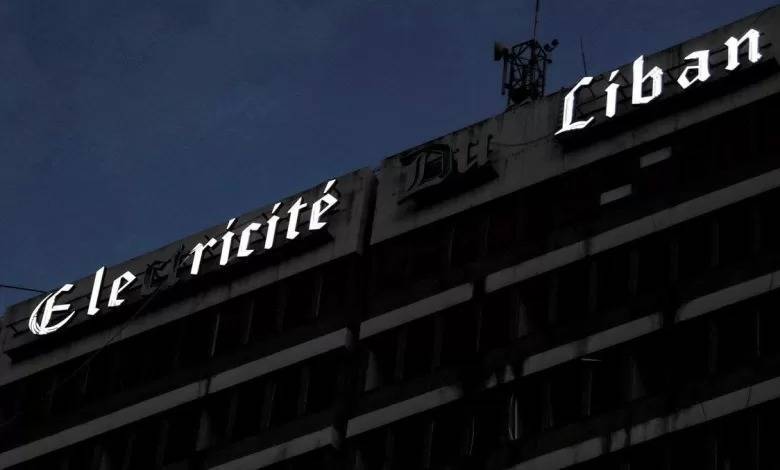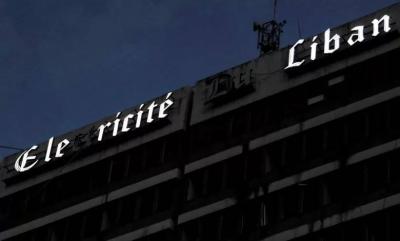The Minister of Energy and Water in the caretaker government, Walid Fayyad, announced today, Friday, that "there is an increase in electricity supply, as the Electricité du Liban is working with the Deir Ammar and Zahrani plants, producing approximately 450 megawatts, and now production will increase in mid-June to about 600 megawatts, which means there will be additional supply hours."
He added, "As we are in the summer and the heat will increase the demand due to the use of air conditioners, the need for electricity will be higher. This procedure allows us to maintain the existing supply system, and we cannot provide more as the demand in all areas will be greater than in the spring season. Therefore, this helps maintain the current supply system, and we are also working on purchasing fuel, and the institution has the necessary funds for that to increase supply further."
Fayyad stated after a meeting chaired by the caretaker Prime Minister Najib Mikati, which included the regional director of the World Bank for the Middle East, Jean-Christophe Carre, the director general of Electricité du Liban, Kamel Hayek, and the Prime Minister’s advisers, Nicolas Nahhas and Samir Dahir: "We presented the progress of the work in the loan program that the World Bank is working on in the energy and renewable energy sector specifically. This program has requirements, and we discussed the progress of this work, as well as the auditing and legal issues, the mechanisms, and the cost coverage plan adopted by Electricité du Liban in collaboration with the World Bank. This program is promising, with about $250 million investment from the World Bank in the renewable energy sector and strengthening and supporting Electricité du Liban, including the remote control center and institutional support for the electricity company."
He continued: "We were informed by Prime Minister Mikati that he received the text of the letter sent to him in response to messages from 'Total Energy' and 'Qatar Energy' regarding the renewable energy plant with a capacity of around 100 megawatts, where we proposed a legal solution to speed up the implementation of this project so that the two companies can invest in building the plant. Prime Minister Mikati sent the letter to them according to the Ministry of Energy's proposal, and we now hope that the Qatari and French sides will respond positively. Prime Minister Mikati also briefed me on my visit to Syria, and he welcomed it, and we are waiting for developments in this file."




